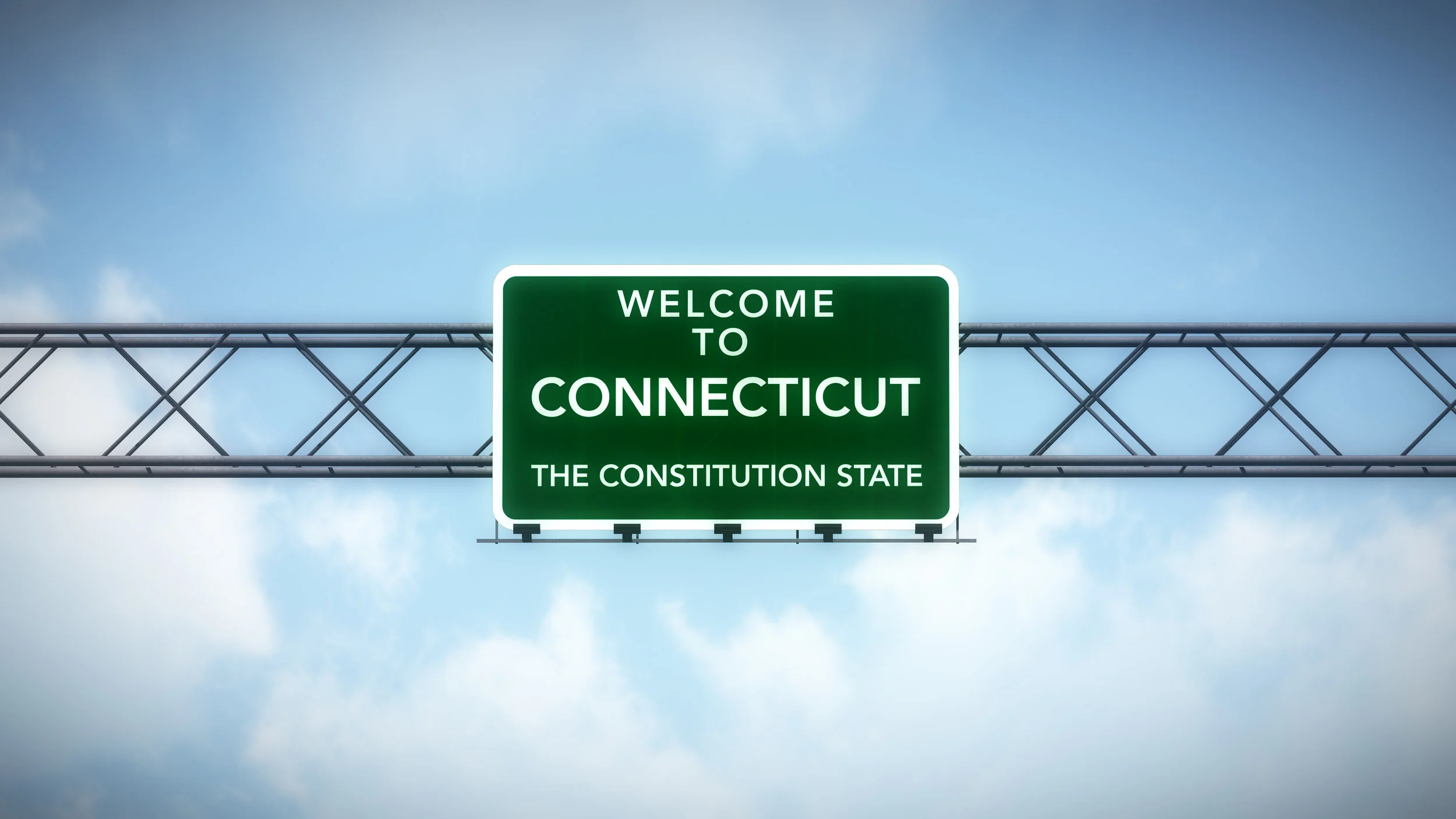The editorial board of Connecticut newspaper The Day has published an editorial arguing that Connecticut should withdraw from the National Popular Vote Interstate Compact (“NPVIC”). The editorial gives several arguments in support of its position, but none are persuasive.
The editorial board notes that in 2004, Democrat John Kerry won in Connecticut by 10.4 points, but that if the NPVIC had been in effect, “Connecticut would have assigned its seven electoral votes to Bush because he won the national vote by 2.4 points.” They argue that this would not have served Connecticut voters.
But the current system didn’t serve Connecticut voters either. All 693,826 Connecticut votes for Bush were thrown away. In addition, all the votes for Kerry over the 693,827 needed for plurality—163,662 votes—did not count either, because Kerry would have gotten Connecticut’s votes whether he won by one vote or by hundreds of thousands of votes. The fact that the election was “a landslide” in Connecticut was meaningless, and in fact rendered many votes in Connecticut pointless.
Under a national popular vote system, all the votes in Connecticut would have been counted, including the votes for Bush and the excess votes for Kerry. More importantly, the campaign itself would have been different, with both candidates reaching out to all voters instead of concentrating only on bringing out their bases in swing states.
The editorial argues that the “right way” to assure the candidates with the most votes wins would be to amend the Constitution.
But the Constitution does not mandate our current, winner-take-all system. In fact, Article II, Section 1 of the Constitution specifically leaves it to the states to decide how to allocate their electoral votes. There are multiple ways a state may allocate its votes, including splitting electoral college votes as Nebraska and Maine have done. It’s up to the states to decide what is the “right way” to allocate their votes.
Nor is it persuasive to argue that the Electoral College is supposed to protect small states like Connecticut.
That was certainly part of the intention—along with preserving the institution of slavery—but in reality, small states are ignored entirely under our current system unless they happen to be swing states. In fact, Connecticut is completely ignored under the current system. Presidential candidates never visit, nor do they pay attention to Connecticut’s particular concerns. The Electoral College is not making good on its promise to give a voice to small states.
Next, the editorial board writes; “Imagine the controversy if this plan was in place and the national vote was too close to call. The nation would face recounts in 50 states.”
The current system does not prevent chaos, as anyone who remembers the 2000 election will testify. Because it involves so many more voters, the national popular vote is much less likely to be too close to call than any given state’s vote. Moreover, all of the votes will be counted (and yes, possibly recounted) equally, instead of the entire country’s election turning on only a few votes in one state, as happened in 2000.
Next, they argue that the NPVIC would “encourage multi-candidate races” and raise the possibility of “a president being handed an electoral majority after getting, say, 35 percent of the vote, potentially without even winning a state.”
To the first point, many Americans would welcome a viable third party candidate. According to one poll, 68% of Americans say that two parties do not do an adequate job of representing the American people and that a third party is needed. As for the possibility of a winning candidate only getting 35% of the vote, that is already possible under the Electoral College. What’s worse, under our current system, one candidate could get 35% and still lose the election to a candidate with an even lower share of the votes!
Finally, they argue that Article I, Section 10 of the U.S. Constitution conflicts with the NPVIC: “No State shall, without the Consent of Congress … enter into any Agreement or Compact with another State.” However, this is not the type of compact that the Supreme Court has found requires congressional approval.
The NPVIC is good for Connecticut and good for the country. Under a national popular vote system, all votes will count equally and politicians will have to listen to all Americans, not just the select few in swing states.

